The Diocese of the Arctic is unusual.
First, its bishop, David Parsons, is a member of a species all but extinct in the Anglican Church of Canada: he is a Christian bishop.
Second, the diocese is in communion with ANiC and is open to licensing its priests.
Third, the diocese does not support the recently adopted liturgies for Gender Transition and Affirmation or any of the other LGBT+ claptrap that obsesses other ACoC clergy.
Fourth, the diocese sees itself as the Anglican Church of Canada and the rest of the organisation as – something else. By implication, not a church.
Lastly, Parsons thinks, “that the great and terrible day of the Lord is coming, and many bishops are going to have a stark wake up as they stand before God and are asked why they have not stood against the doctrines of demons and devils. My fear is, that day will not be a day of repentance but just justice and judgment because the day of grace will be over.”
Read more in this interview at VOL:
The majority of our denomination is solid. The Diocese of the Arctic is part of the worldwide Anglican Communion. People fail to remember that the revisionists in Canada and the USA are the minority in the Anglican Communion. They just have a loud voice and often use that voice to monopolize, or bully. As an Anglican, I’ve grown up reciting psalm 95 to warn me about not having a hard heart. I’ve read the book of Judges, when the people often turned back to the world, and I’ve read the prophets, who warn us to not follow the gods of this age or past ages.
Two of the saddest parts that I have read in the New Testament are found in John 6:66 (“From this time many of his disciples turned back and no longer followed him”) and 2 Timothy 4:10. In John chapter 6 Jesus tells us He is the Bread of life and many of Jesus’ disciples turn back, and no longer follow him after hearing Jesus’ declaration. St. Paul speaks of Demas, who left him because of Demas’ love for the world.
It seems to me that the revisionists do not love the word of God, nor do they receive it as the bread of life, and so rather than living under the authority of Jesus Christ, and His word, they choose to be an authority unto themselves.


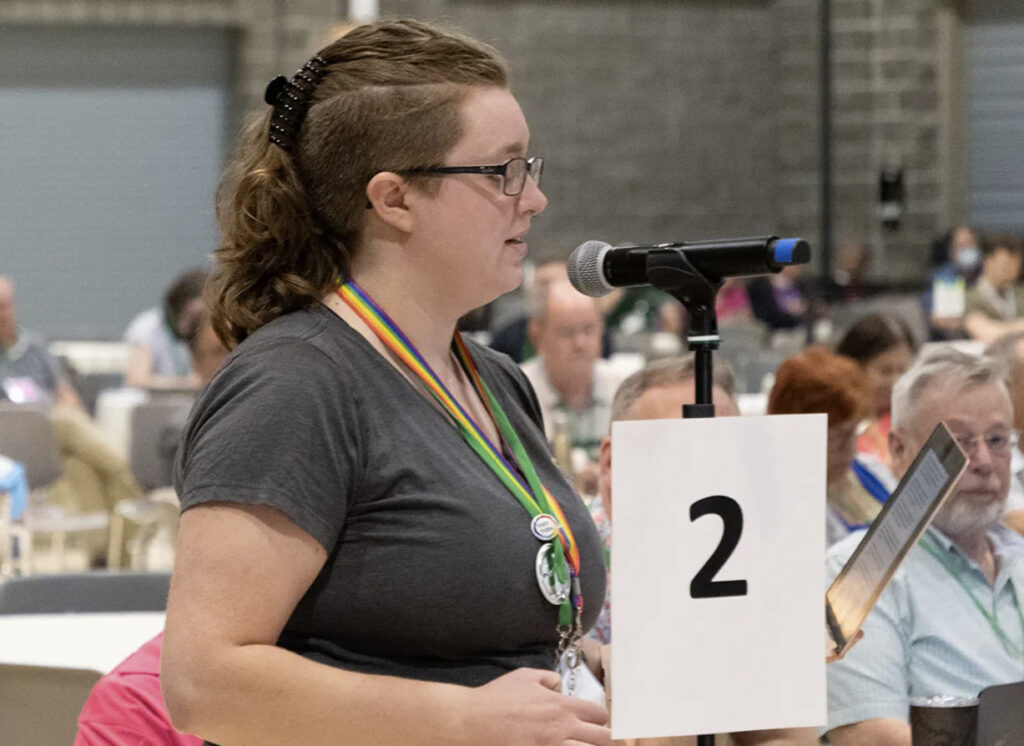 Alex McPhee, lay member from the diocese of Qu’Appelle, spoke in favour. McPhee described how in preparing to attend his first General Synod, he had sent the text of the pastoral liturgies to some transgender friends—all of whom, he said, “not by their own choice, have been hounded out of their birth church communities.”
Alex McPhee, lay member from the diocese of Qu’Appelle, spoke in favour. McPhee described how in preparing to attend his first General Synod, he had sent the text of the pastoral liturgies to some transgender friends—all of whom, he said, “not by their own choice, have been hounded out of their birth church communities.”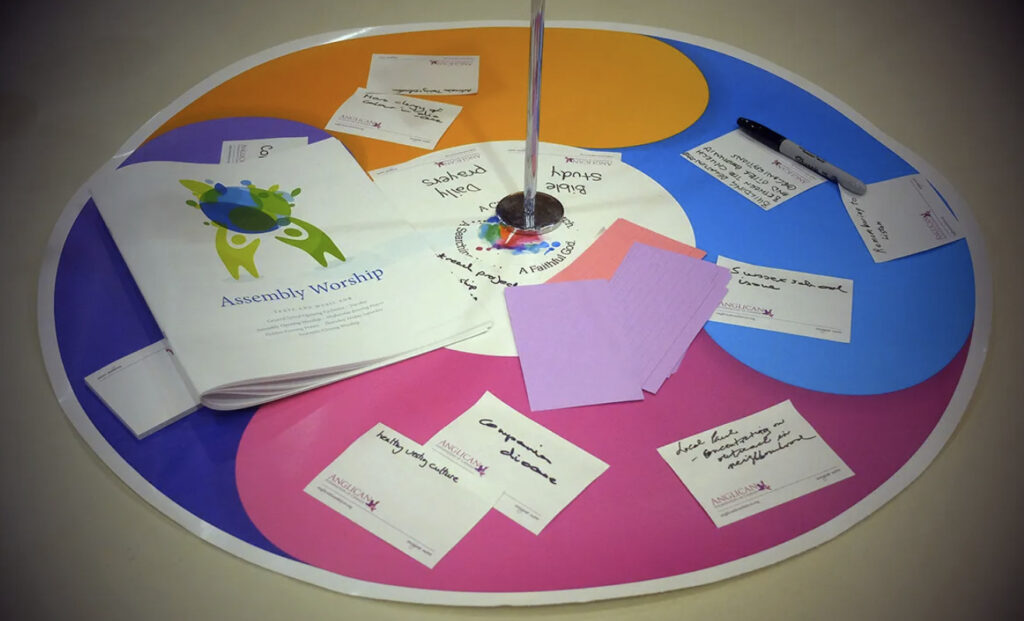 General Synod has overwhelmingly approved five priorities or “transformational aspirations” prepared by the Strategic Planning Working Group (SPWG) to serve as the basis for the Anglican Church of Canada’s new strategic plan.
General Synod has overwhelmingly approved five priorities or “transformational aspirations” prepared by the Strategic Planning Working Group (SPWG) to serve as the basis for the Anglican Church of Canada’s new strategic plan.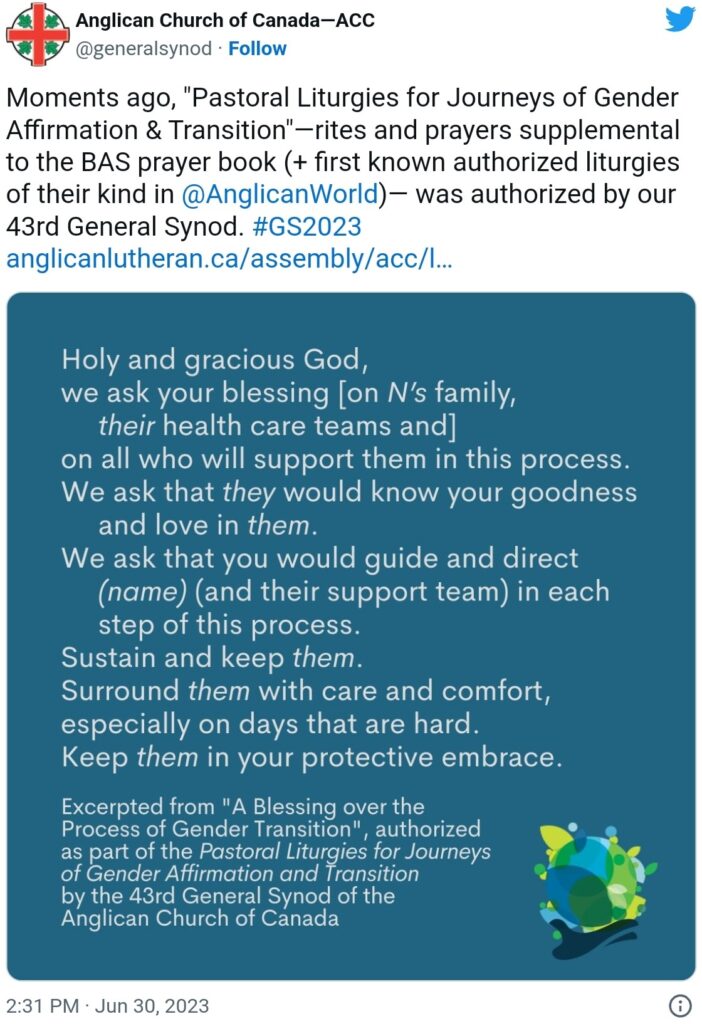
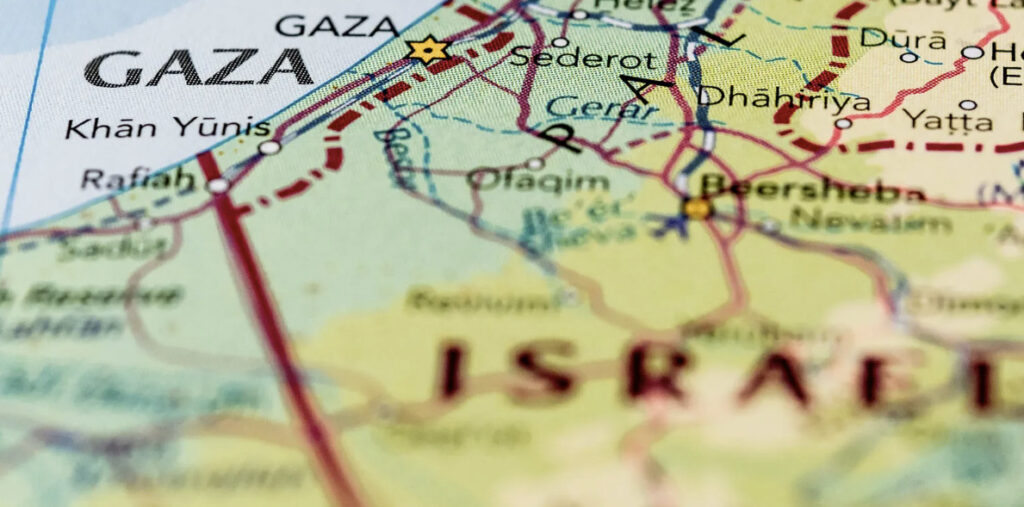 Leaders of Canadian Anglican, Lutheran, United and Presbyterian churches, including Archbishop Linda Nicholls, primate of the Anglican Church of Canada, met with MPs from the Liberal and Conservative parties April 27 to “advocate for a just and lasting peace in Palestine and Israel,” according to a news release issued on a shared Anglican-Lutheran website the same day.
Leaders of Canadian Anglican, Lutheran, United and Presbyterian churches, including Archbishop Linda Nicholls, primate of the Anglican Church of Canada, met with MPs from the Liberal and Conservative parties April 27 to “advocate for a just and lasting peace in Palestine and Israel,” according to a news release issued on a shared Anglican-Lutheran website the same day.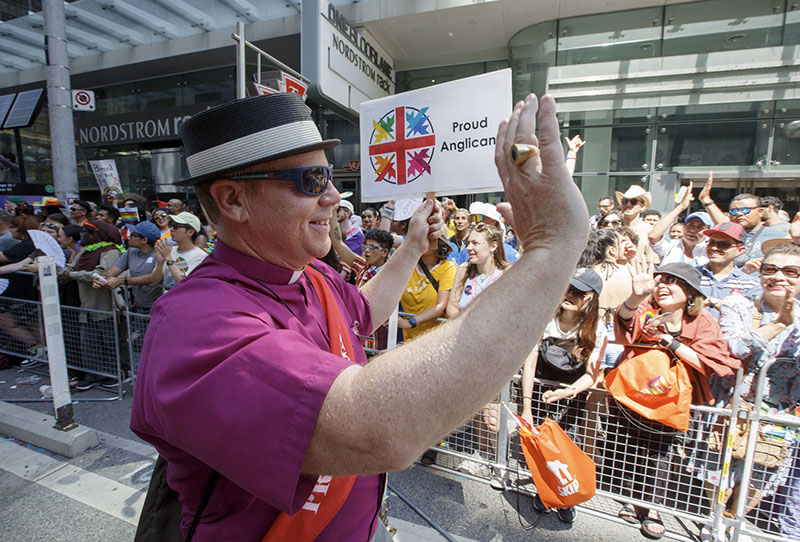
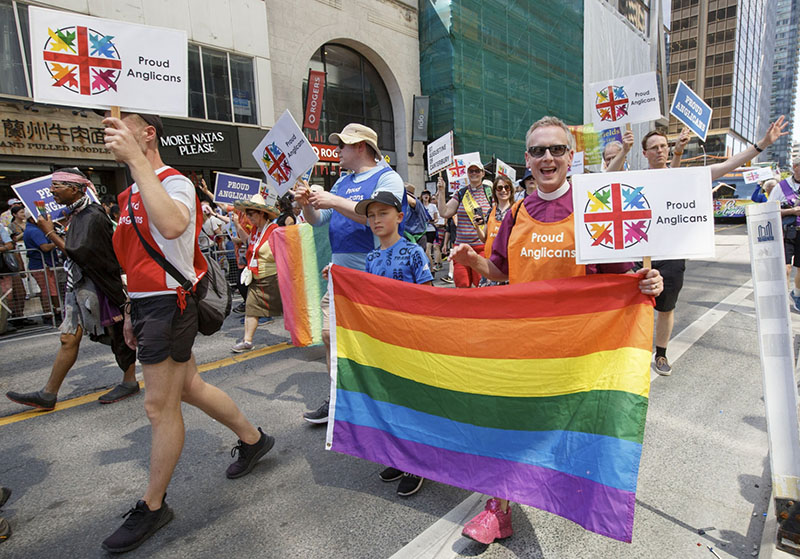
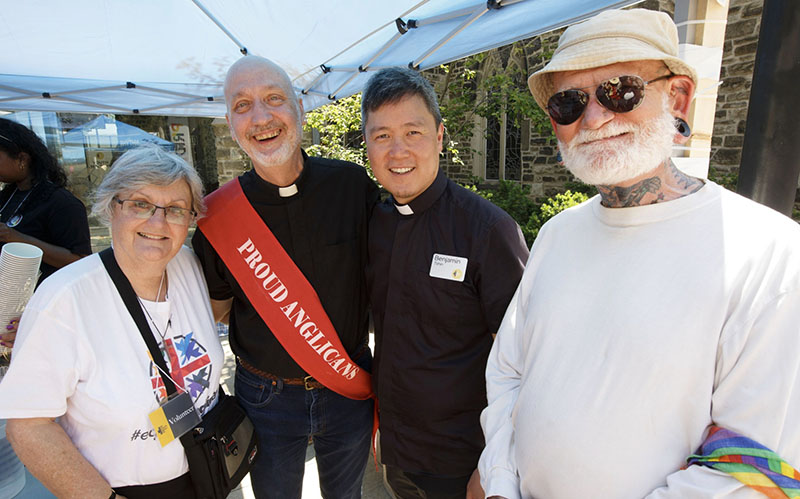
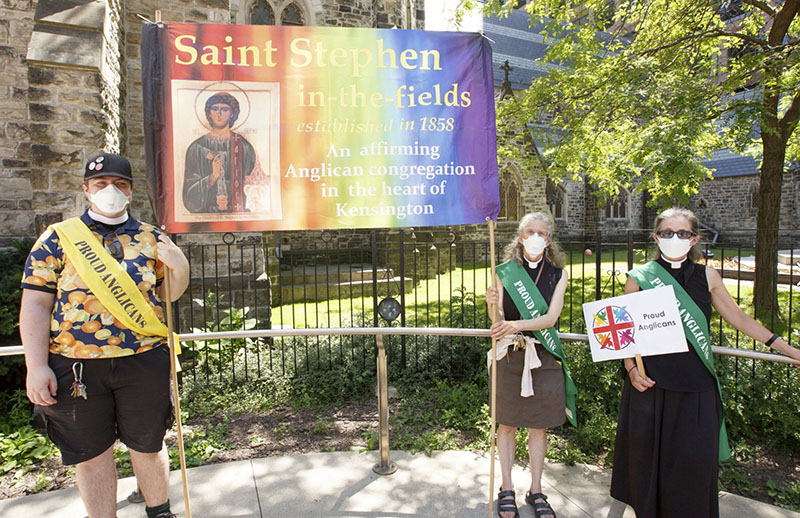
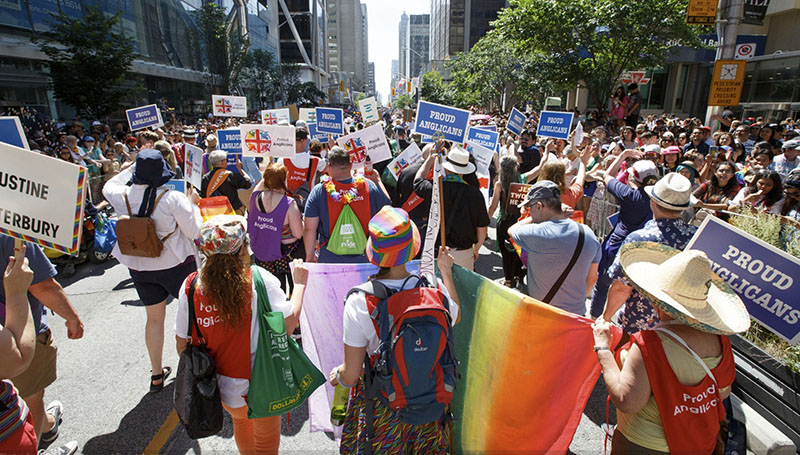
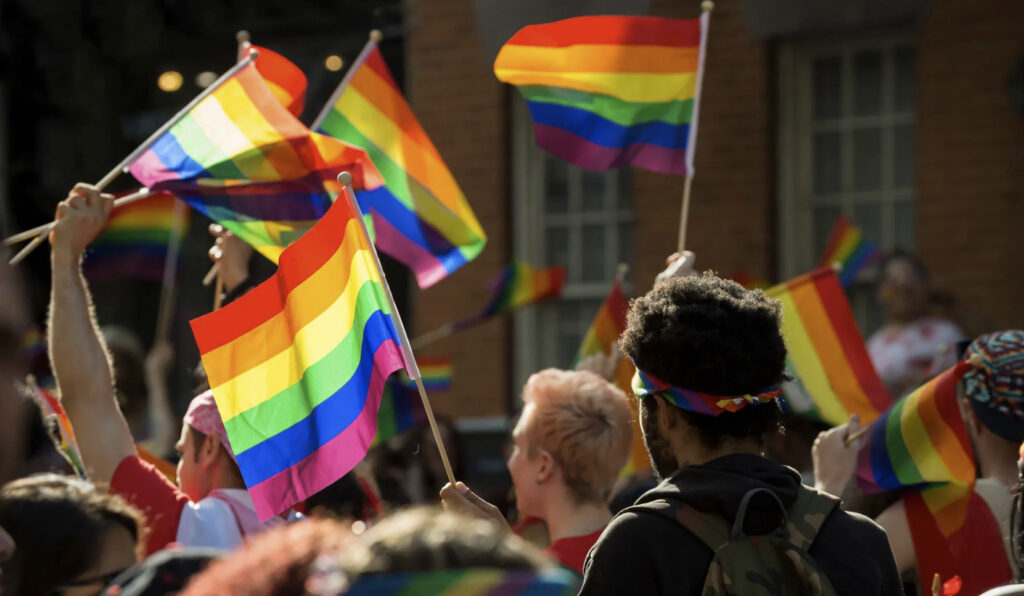 This article’s original headline has been changed at the direction of General Synod senior management. {Note: the original title included the word “polyamory”. So much for editorial independence – David}
This article’s original headline has been changed at the direction of General Synod senior management. {Note: the original title included the word “polyamory”. So much for editorial independence – David}